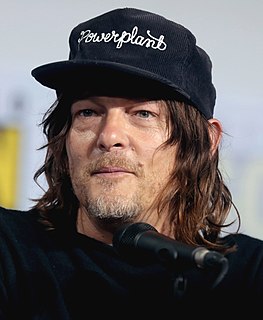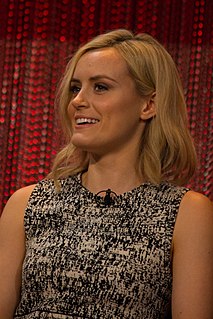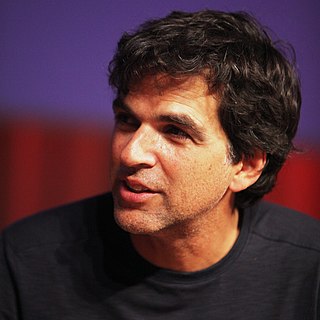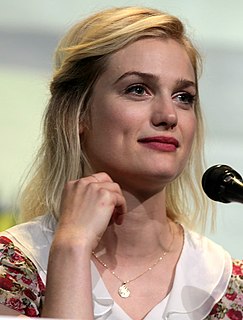A Quote by Kumail Nanjiani
Because of the Internet, you're sort of forced to deal with people from very different backgrounds and beliefs. It's a great challenge of our time, and depending on when you ask me, I feel optimistic or pessimistic about it.
Related Quotes
When asked if I am pessimistic or optimistic about the future, my answer is always the same: If you look at the science about what is happening on earth and aren’t pessimistic, you don’t understand data. But if you meet the people who are working to restore this earth and the lives of the poor, and you aren’t optimistic, you haven’t got a pulse.
In my platoon, we came from different parts of the country, with different backgrounds, different religious beliefs, different political beliefs—and yet we all put those differences aside. Fundamentally, I believe that’s what the American people expect of Congress as well. We all ought to be able to come together in Washington and do what’s best for our America.
Snowpiercer has both [optimistic and pessimistic]. It was essentially optimistic. The most pessimistic was my part, because of his knowledge. He knows how it started. The status quo, he knows, has to be maintained, otherwise there is no chance. He knows that this revolution is completely understandable and is also commendable. He also knows the negatives. In the end, that's not a very positive position to be in.
I mean, in many ways, you know, I felt very connected to Ian (Dury) on, on a lot of levels. I mean, politically, & sort of, socially, our, kind of, social backgrounds are quite similar in many ways, as well as our kind of artistic endeavors. So there were many, many things that sort of chimed in for me, and kind of made me feel very instinctive about playing him, and, and although, there was sort of a certain amount of impression involved, actually, there's a lot of myself in the role.
For me, you go to university to meet lots of different people from different backgrounds. I think that's one of the most important things you get there. And you also get some sense of direction regarding what you want to do when you leave. I sort of know what I want to do in my life - I want to act and ultimately I'd like to write. And in terms of meeting people from different backgrounds, that's what you get on a film set. So the two most valuable things that university would have given me I've sort of achieved by being on a film set.
There is something so sad about going online and seeing almost everyone shouting ‘Notice me, notice me!’ Which is such a human desire—to be acknowledged. But me responding to that with some sort of ‘You’re noticed, you’re seen’ only perpetuates the loneliness. Because I’m not seeing you; I’m not noticing you. And whoever you are, you so deserve to be noticed and valued. I feel lucky to have not grown up with the Internet because it forced me to get out, struggle and be so messy.
What the American people hope -? what they deserve -? is for all of us, Democrats and Republicans, to work through our differences; to overcome the numbing weight of our politics. For while the people who sent us here have different backgrounds, different stories, different beliefs, the anxieties they face are the same. The aspirations they hold are shared: a job that pays the bills; a chance to get ahead; most of all, the ability to give their children a better life.
I feel somewhat privileged because I often feel very sorry for kids. I often feel very sorry for 20-year-olds and teens who grew up with the internet and have grown up completely connected because, for me, people like me know what it was to struggle, but it wasn't a struggle. It was great! It was fantastic. The thrill of the hunt.
Being gay, you're kind of forced to ask, I suppose, very existential questions from a very, very early age. Your identity becomes so important to you because you're trying to understand it, and, I think, from the age of, like, 9, you're being forced to ask questions... that other kids maybe don't have to ask.
































